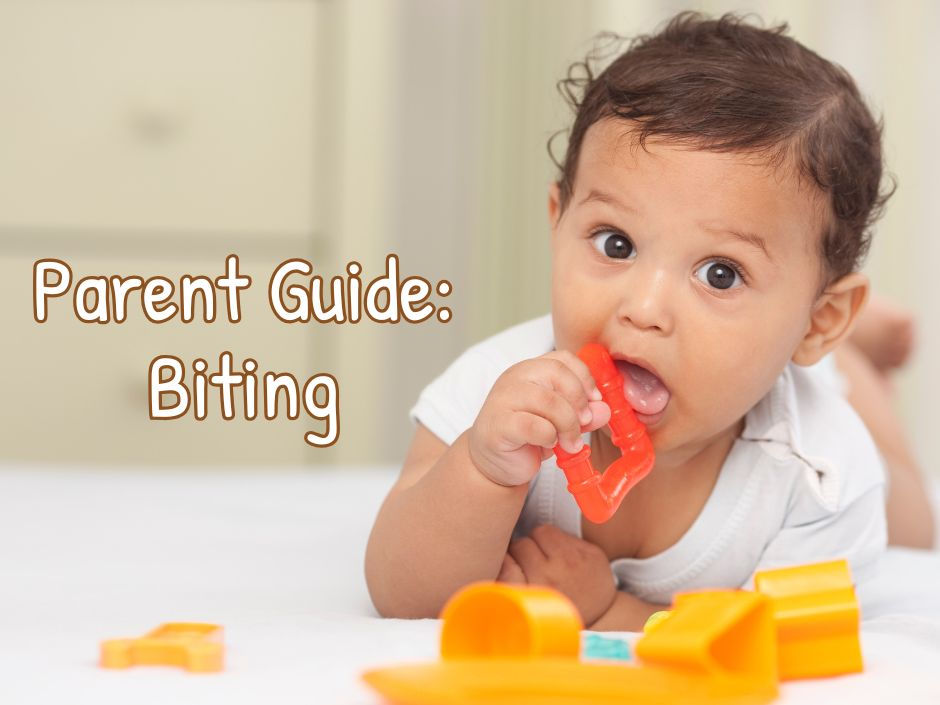Parent Guide: Is My Child Primary School Ready?
- emilias918
- Apr 25, 2024
- 3 min read
Updated: Jun 17, 2024

Starting Primary School is a significant milestone in your little one’s life. It’s a time filled with excitement, anticipation and most likely some anxiety and stress.
Ensuring your little one is prepared for this new chapter is important. But what does that mean and how do you know if your child is ready to start school?
We’ll dive into all of that and more in this ‘parent guide: is my child primary school ready?’
Let’s dive straight in!
We all want our children to be ready to start school, equipped with essential skills like self-care (e.g. going to the toilet independently), responsibility (e.g. being self-aware and self-regulating their emotions) etc. But the reality is often quite different.
There is an expectation placed on parents/carers and children to be primary school ready with an endless stream of tick boxes.
But sometimes factors prevent this from happening that are no fault of the child or parent.
For example, this may be age-related - one child just having just turned 4 vs the other about to turn 5, meaning that there will be a gap in ability.
But it’s important to remember that your little one will be ready in their own time.
All children develop at their own pace and as long as you’re supporting them in their development, that’s the best that can be done.

So, what does ‘school readiness’ mean?
There’s actually a debate surrounding this term as it’s based on performance indicators logged by organisations (like your child’s nursery) – meaning that it can sometimes feel formulaic and not representative of your little one as an individual.
Below is an outline of what school readiness covers:
Between the ages of 4 and 5 children should be prepared to be separated from their parent or main carer.
They should be able to dress themselves including coats, shoes, socks and jumpers.
Children should be able to demonstrate an ability to listen and follow age-appropriate instructions.
Children should be able to sit for short periods of time, for example during circle time.
Children should show an interest in a variety of subjects, paying attention to the subject or activity they’re taking part in.
Children should have a range of vocabulary and language to express their needs, feelings, thoughts and ideas.
Children should be able to identify themselves by name, age, family members etc.
Children should be able to go to the toilet independently – no longer in nappies and able to wipe themselves.
They should be able to interact in an age-appropriate way with children or adults.
Children should be able to interact, share and play, taking reasonability for their actions and understanding repercussions.
They are able to observe, notice, discuss and ask questions about their environment and experiences.
They should have the ability to vocalise their needs such as needing to go to the toilet, being hungry, thirty or not feeling well etc.

It’s a long list but no need to stress!
As a parent, you want your little one to have all these abilities developed before starting school to ensure the transition is as smooth as possible but in reality, the above list is more like a work in progress.
The Primary School will work with you to develop these skills as they begin reception.
If you’re worried about your little one being Primary School ready, chat to your nursery key worker, health visitor or GP – they will be able to provide additional support and resources.
It’s important to look at every child as an individual. Every child develops at a different rate and may need additional support where another might not.
If your little one attends nursery, the EYFS (nursery curriculum - click here for more info) will be implemented providing opportunities for your child to develop their skills.
Your nursery will also focus specifically on preparing your little one to start primary school – identifying areas to work on and providing an environment which enables learning.
They will also support you and your little one in the transition to school and offer advice of how to best prepare.
It’s important to work closely with your child’s nursery to ensure that what’s being taught there is also being taught at home.
This will give your little one a solid foundation to help develop essential skills – making them more Primary School ready!
Additional Resources




Comments